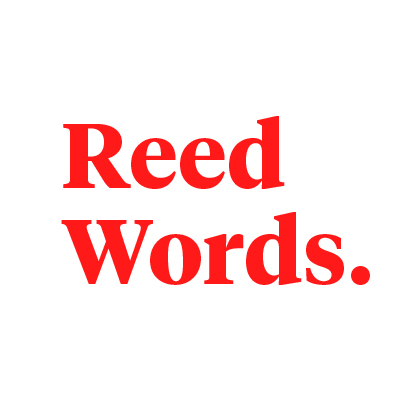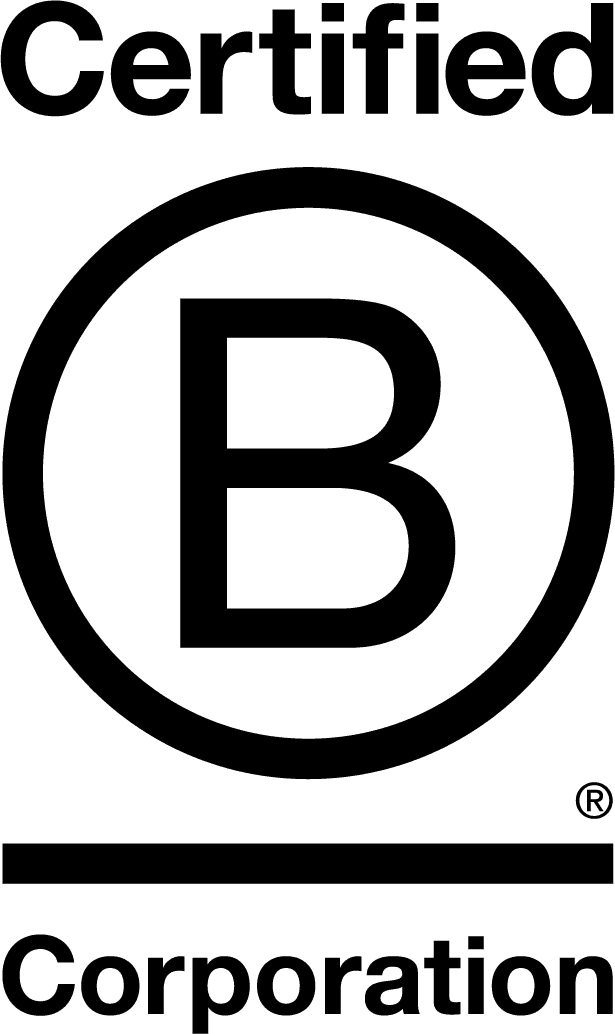

Reed Words Limited

1.6
City of Westminster, United Kingdom
April 2025
Advertising & market research
Service with Minor Environmental Footprint
Singapore,
United Kingdom,
United States
Reed Words was founded in 2013 by Mike Reed and Wendy Martin. They wanted to build an agency that was all about the power of writing – and writers – to make a difference to brands and businesses. From the two founders, the company has grown to a team of almost 20, based in London, New York and Singapore. They work for household name brands like Google, Sony, Meta, Tesco, Formula 1, and Heinz, as well as smaller companies, charities and startups. They also partner with other creative agencies to offer an all-round visual and verbal package. Reed Words make brands and businesses stronger through language. They use words to enhance every aspect of an organisation and its communications. Reed Words helps their clients find the right voice for them – one that reflects their personality as a company, and which gets the right messages to the right audiences. They also do a lot of work on internal language: how people write and talk to each other as well as their customers and partners. Their work includes naming (for companies, products, and services), verbal identity (tone of voice and messaging), advertising campaigns, UX writing for digital products, packaging, films, books, and anything else that relies on writing.
Overall B Impact Score
Governance 18.9
Governance evaluates a company's overall mission, engagement around its social/environmental impact, ethics, and transparency. This section also evaluates the ability of a company to protect their mission and formally consider stakeholders in decision making through their corporate structure (e.g. benefit corporation) or corporate governing documents.
What is this? A company with an Impact Business Model is intentionally designed to create a specific positive outcome for one of its stakeholders - such as workers, community, environment, or customers.
Workers 33.0
Workers evaluates a company’s contributions to its employees’ financial security, health & safety, wellness, career development, and engagement & satisfaction. In addition, this section recognizes business models designed to benefit workers, such as companies that are at least 40% owned by non-executive employees and those that have workforce development programs to support individuals with barriers to employment.
Community 21.9
Community evaluates a company’s engagement with and impact on the communities in which it operates, hires from, and sources from. Topics include diversity, equity & inclusion, economic impact, civic engagement, charitable giving, and supply chain management. In addition, this section recognizes business models that are designed to address specific community-oriented problems, such as poverty alleviation through fair trade sourcing or distribution via microenterprises, producer cooperative models, locally focused economic development, and formal charitable giving commitments.
Environment 11.8
Environment evaluates a company’s overall environmental management practices as well as its impact on the air, climate, water, land, and biodiversity. This includes the direct impact of a company’s operations and, when applicable its supply chain and distribution channels. This section also recognizes companies with environmentally innovative production processes and those that sell products or services that have a positive environmental impact. Some examples might include products and services that create renewable energy, reduce consumption or waste, conserve land or wildlife, provide less toxic alternatives to the market, or educate people about environmental problems.
Customers 3.0
Customers evaluates a company’s stewardship of its customers through the quality of its products and services, ethical marketing, data privacy and security, and feedback channels. In addition, this section recognizes products or services that are designed to address a particular social problem for or through its customers, such as health or educational products, arts & media products, serving underserved customers/clients, and services that improve the social impact of other businesses or organizations.